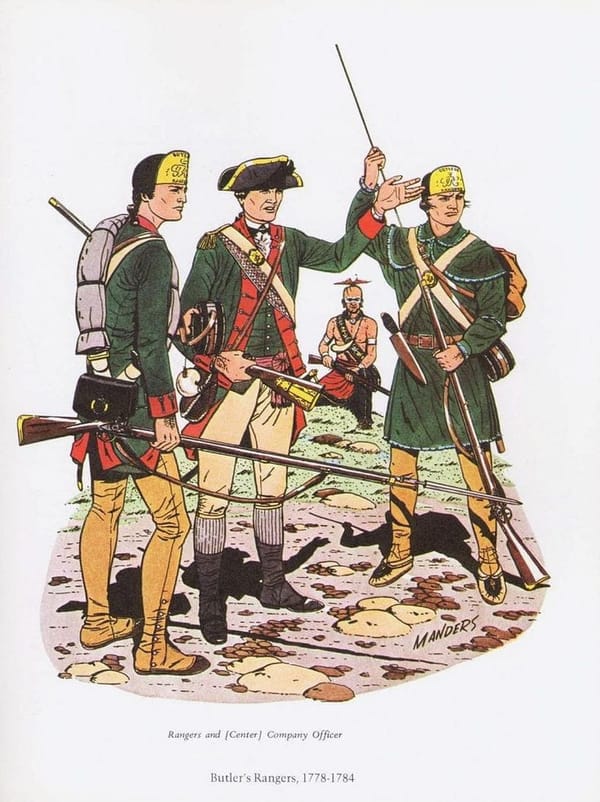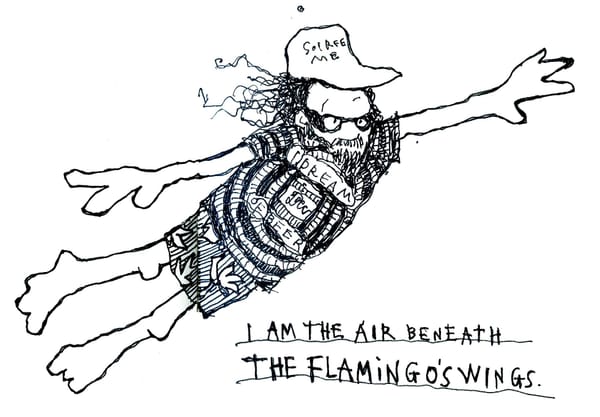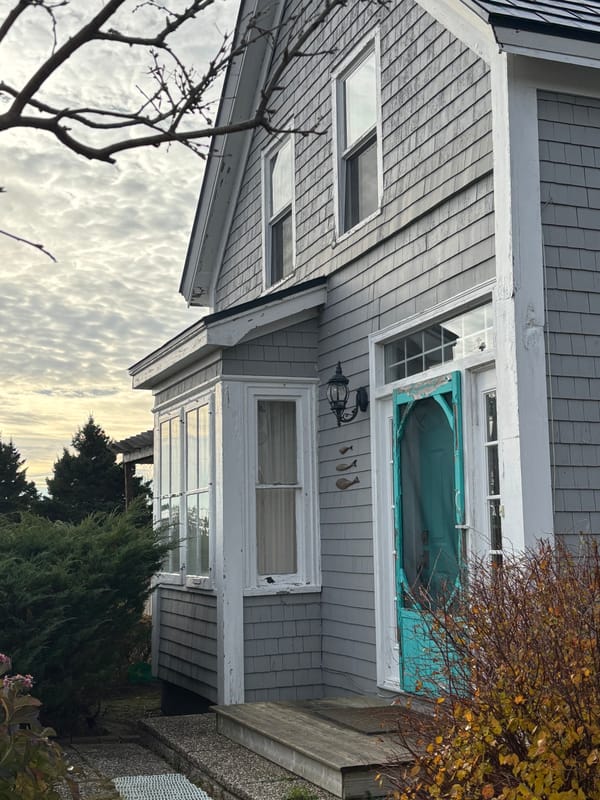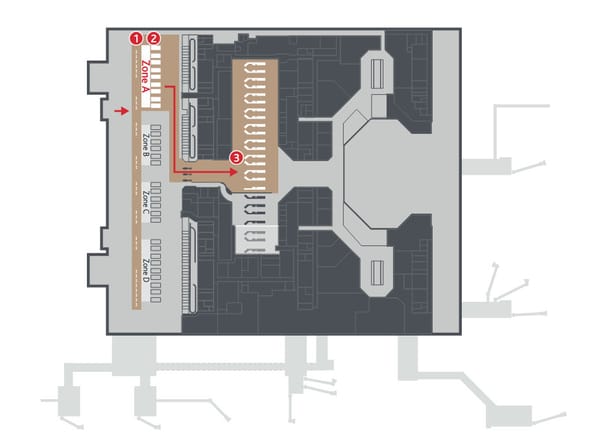No, I'm Not Canada's Greatest Athlete

I grew up in a household where Stampede Wrestling was a weekend highlight. I pretty much educated myself at the Kelowna Public Library, and somehow never aspired to much of anything. Dad was a used car dealer, and Mom was... well, Mom.
Small town Kelowna education was nothing dramatic. There was no sense of preparing us for University, or to become leaders in our nation. Somehow, going to school was mostly just what you did, but for no identifiable reason.
Now I'm in Cambridge, where, as a whole, the population is very smart, very well-read, very curious, and very motivated. As a group, the people around me know much more than I do, and in much greater depth. Or at least, to me, that's how it feels.
Yes, this is a place where a boy from 1960s Kelowna feels pretty inadequate.
I'll admit that I've taken several stabs at post-secondary education - at UBC, UVic, BCIT, and elsewhere. For whatever reason, I just never managed to stay with it until the end.
For the past couple of weeks I've been thinking a lot about this, about why, somehow, I was never able to quite get that degree, to study one thing or another in depth - to prove myself. I've been trying to dig deep and ask hard questions.
As much as I might criticize the Kelowna school system, the truth is that there were people who tried. I was flagged as "gifted" and moved to special classes to encourage those attributes. I was encouraged, and active in drama, and played roles in both the Insect Play and Molière - and was the Tin Man in a Grade Six production of the Wizard of Oz.
I had teachers that encouraged me to read more widely than my classmates - handing me copies of books that I now read for pleasure by authors like James Joyce and ... I can't even recall who else after all these years.
And art, again, winning prizes for things that I created. And helping to shoot Super-8 films. Local community theatre productions. Summer jobs at the library.
Still, at the end of the day, there was a great big gap that I never managed to cross - the one that would have led to a Bachelor's degree, or further.
Why? That's the question.
Some of it is of course upbringing. There was never any sense that University was something I should aspire to; that I could be a doctor or a lawyer. My parents were surely not role models, and because we seldom saw most of our relatives, there was no-one to model myself after.
At school, I think what was missed was pretty simple: no-one ever asked me what my plans were, or suggested routes that I could follow. Sometimes you need someone to take you aside and say "You're smart Barry, and you really need University, and I'll help you plan for that, fill in the forms, and get you there." Some students, no matter how smart, just can't do this stuff on their own.
Teachers saw these things in me, but no-one ever went that step further and took me by the hand.
Part of this about the environment that you grow up in, and live in. Since arriving in Cambridge I've attended lectures and have had the opportunity to share a lot of what Susan as been working on. I'm finally becoming familiar with important thinkers and names, and am reading them as well. Because I'm surrounded by people that do these things, it makes it possible for me to follow suit.
Part of that, I think, is more than just Cambridge and Oxford. This is a country that appreciates and understands its history; where you can visit the resting places of Kings and Queens from centuries gone by. It's a place that can track itself back for some two-thousand years, instead of two hundred. I have visited Westminster Abbey, and have seen the monument to Karl Marx in Highgate Cemetery. All of this is very, very different from anything that Canada, much less Kelowna, has to offer.
The UK is far from perfect. Today's "crack down on immigration" is far too close to Trump politics for my liking. But it still makes a difference that it is a country that truly understands the importance of literature, and art, and music, and doesn't just view them as commodities. It matters here that people go to University to learn, and explore, and understand ideas, and that sometimes those are obscure or very specialized ideas. You don't enter Cambridge or Oxford with only the aim of getting a good job.
So my challenge right now is to figure out where I can land in this new place, and how I can thrive, and enjoy the riches of this country. I think I can do it, and enjoy it, and can capture some of the thrills and excitement that Susan is embracing.
It's just a matter of figuring out how I'll do that. And how I'll forgive the people who didn't point me down this road fifty years ago.




